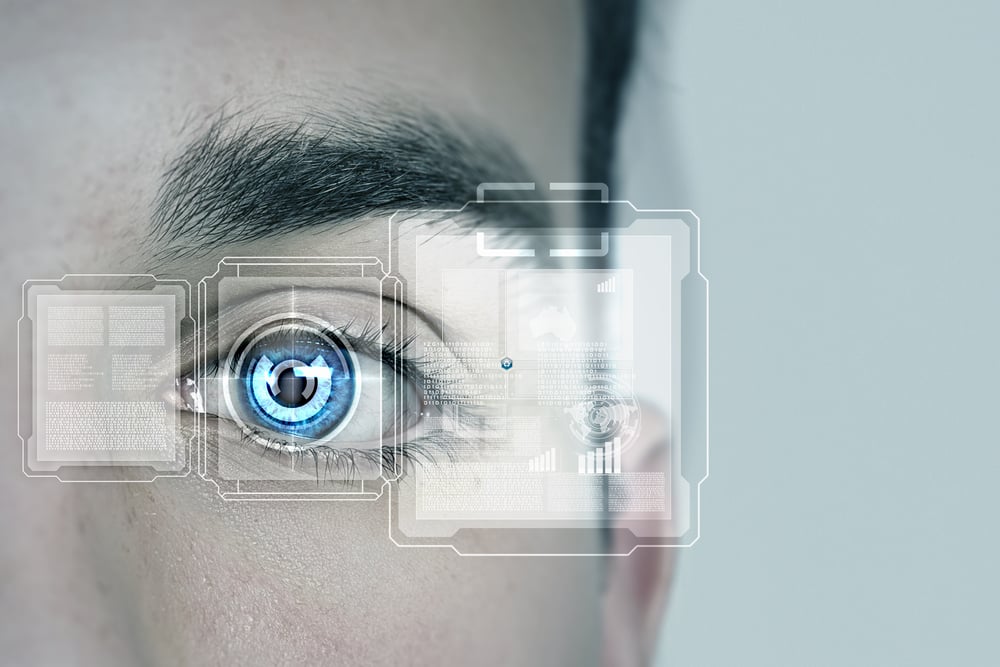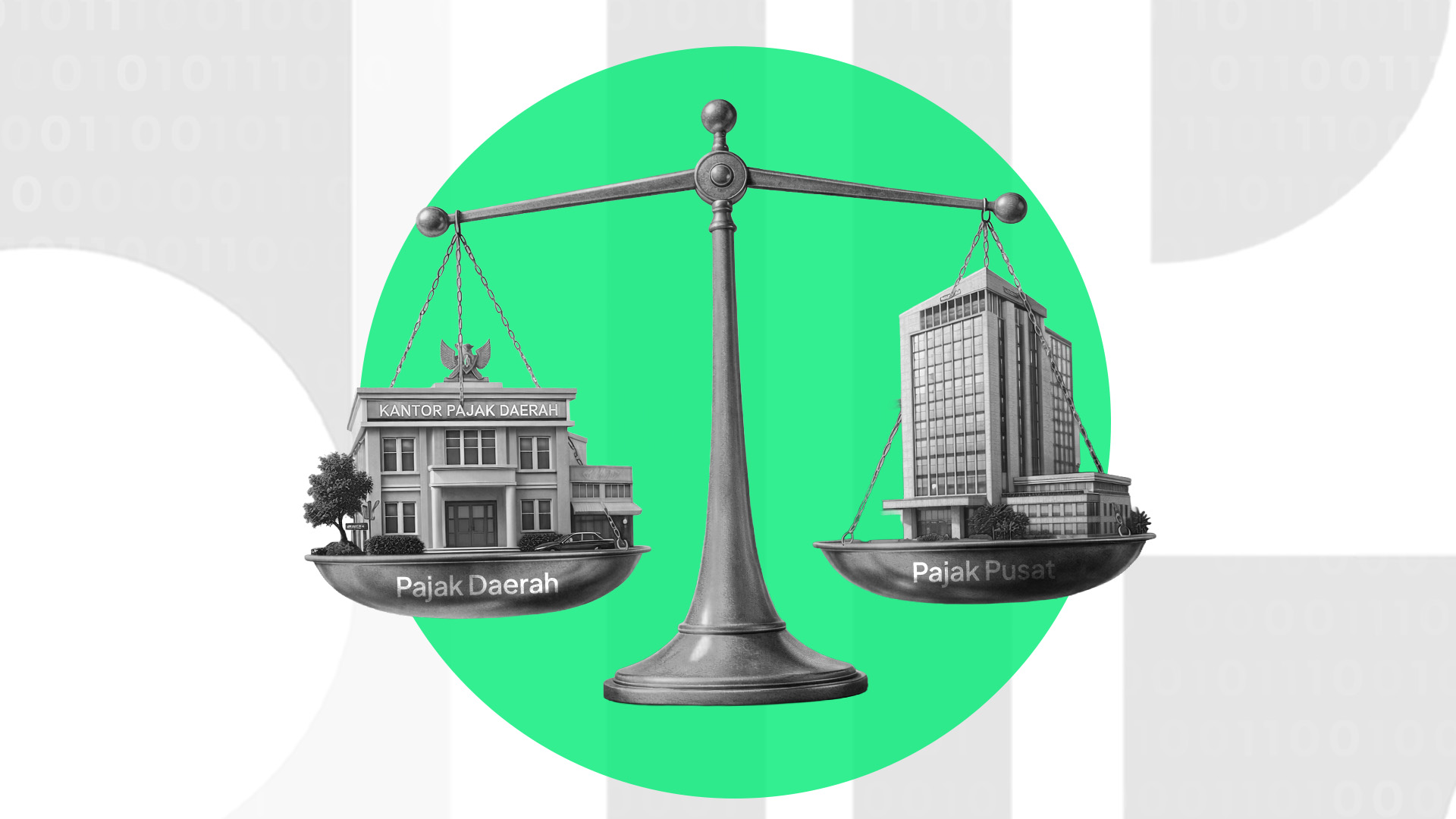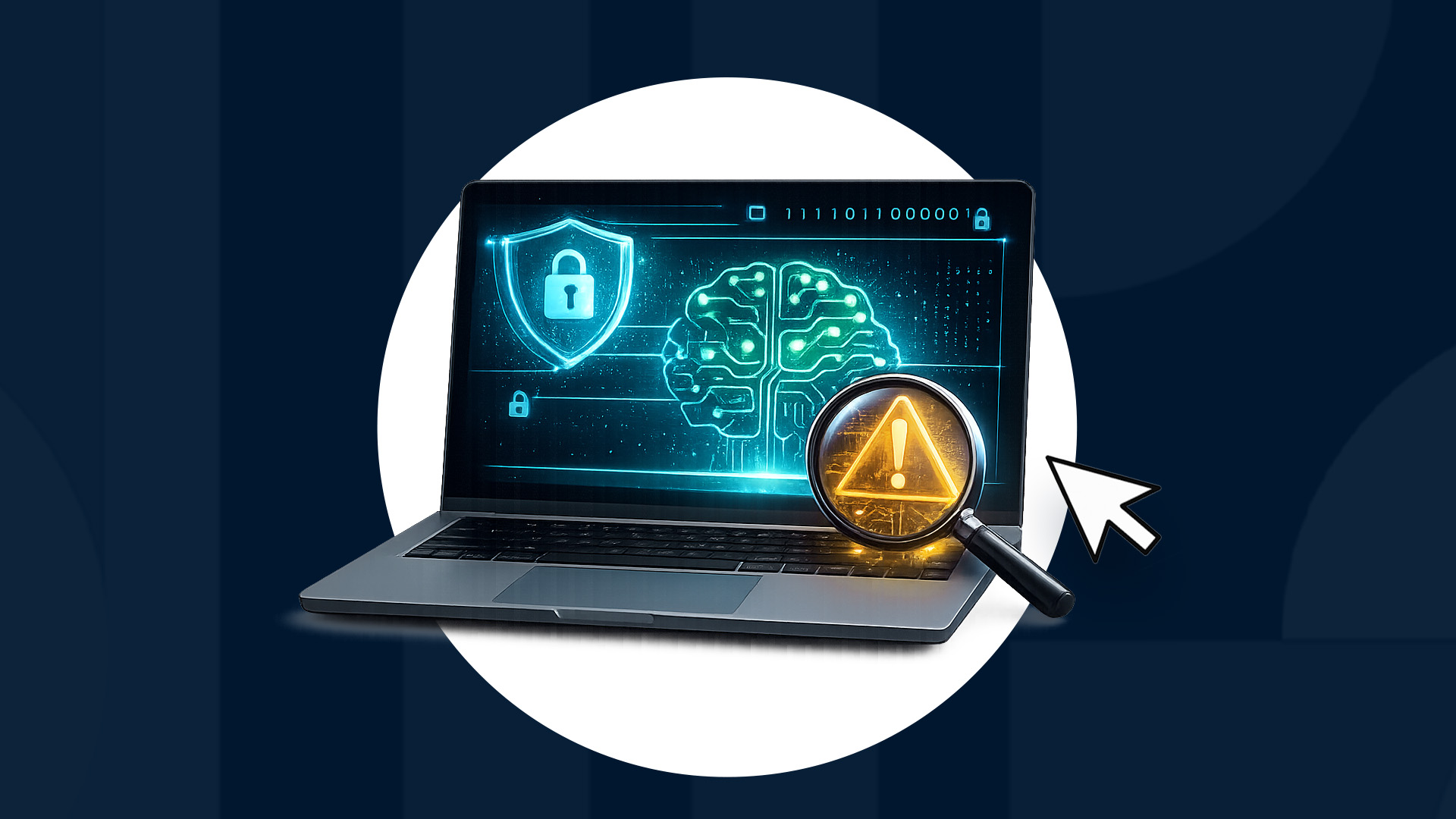Digital identity verification has become essential in the current digital age. Digital identity encompasses all personal information, behaviors, and interactions of an individual in the virtual world. Almost all of our online activities require digital identity, one of which is for insurance purposes.
What is the role of digital identity verification in insurance? Let's dive into this article!
Understanding Digital Identity
A digital identity is electronic information that represents a person in the digital world. It serves the same function as paper-based (physical) identity. Therefore, the process of verifying digital identity is not different from verifying physical identity.
Digital identity can be used as a credential if:
- A person has only one identity within a system.
- A person is aware that their information has been collected by the system.
- The identity is verified and authenticated.
- A person can ensure that their data is secure and accessible only by them.
Components of Digital Identity
Basically, digital identity verification means confirming that the digital identity belongs to the actual person. Here are the components of digital identity:
1. Personal Information
The most basic digital identity is data similar to official identity documents. In Indonesia, the official identity is the KTP (Identity Card). Thus, personal information includes name, address, place and date of birth, and other important information.
2. Biometric Data
Biometric data are unique biological characteristics that only one person has, such as fingerprints, facial recognition, and retina scans.
3. Behavioral Data
This type of digital identity includes a person's behavior patterns in the digital world, such as transaction history, browsing habits, and social media interactions.
4. Credentials
Credentials include usernames, passwords, and other login information used to access online services.
The Importance of Digital Identity Verification in Insurance
The Financial Services Authority (OJK) reported a 3.56% (YoY) increase in insurance industry premium income in Indonesia, reaching IDR 290.21 trillion from January to November 2023. With this increase, there was also an increase in insurance agents.
However, the Indonesian Life Insurance Association (AAJI) warns to be cautious of rogue insurance agent syndicates. Violations by some insurance agents can cause losses of up to IDR 200 billion per case for insurance companies.
The increase in premium income, accompanied by the growing potential for insurance agent violations, drives insurance companies to undergo digital transformation, one of which is by strengthening the security of digital identity verification.
According to Iwan Pasila, Deputy Commissioner of IKNB II OJK Supervision, utilizing AI and big data focusing on customer service and expanding access and services is crucial to building public trust and encouraging insurance product purchases.
So, how does digital identity verification play a role in insurance company applications?
Identity verification occurs when users register for an insurance application, involving several stages such as entering personal identity (KTP) and facial biometrics. Because it involves personal data, the verification system must be very strong to ensure that only legitimate users can access the account. The same security is required for authentication, which occurs when registered users perform actions such as uploading medical records, claiming insurance, or paying premiums.
Here are the importance of digital identity verification for insurance:
1. Fraud Prevention
Insurance fraud is a major issue that incurs billions in losses each year. Digital identity verification of policyholders prevents the possibility of false claims experienced by insurance companies.
Moreover, insurance fraud now uses deepfake technology. Deepfake is an AI product in the form of fake images, videos, and audio that can impersonate someone.
Deepfake is vulnerable to attacking the biometric verification process within insurance applications. Imagine if someone used a deepfake to impersonate another user to access someone's insurance account, then steal personal data and make false claims.
2. Easy Onboarding Process
Digital identity verification simplifies the onboarding process for new users. Insurance companies can quickly verify user identities, speeding up policy issuance and, of course, increasing user satisfaction.
3. Risk Assessment
Accurate identity verification helps insurance companies assess risk profiles more effectively. This leads to better underwriting decisions and appropriate premium settings.
4. Regulatory Compliance
Insurance companies must comply with various regulatory requirements to prevent fraud and other illegal activities. Digital identity verification ensures compliance with these regulations to avoid legal sanctions and fines.
5. Secure Claims Processing
During the claims process, verifying the digital identity of users is crucial to ensure that payments are made to legitimate recipients. This reduces the risk of false claims and financial losses for insurance companies.
Deepfake's Disadvantages for Insurance Claims
Here are forms of digital fraud using deepfake and its impact on insurance claims:
1. Unauthorized Medical Records
Deepfake technology can be used to create unauthorized medical records, including electronic medical records (EMR), which play a crucial role in determining the validity of insurance claims. Manipulating medical records can result in inaccurate diagnoses, errors in diagnosis, and even false claims related to medical conditions, potentially causing financial losses and negative health impacts on related individuals.
2. Fake Health Evidence
In addition to falsified medical records, deepfake technology can also be used to create false diagnoses. Fraudsters can impersonate patients and provide fake photos, videos, or audio recordings to support or deny insurance claims. Such manipulation can cause confusion between patients and insurance providers, leading to financial losses.
3. Identity Theft
Similar to medical record manipulation, deepfake technology can also be misused to illegally access patients' personal data through unauthorized insurance accounts. This personal data can then be used for identity theft, such as breaching other banking accounts.
Digital identity is the foundation of online interactions today, and its verification is crucial for security, trust, compliance, and user experience. VIDA is committed to providing comprehensive digital identity verification solutions that protect individuals and businesses.
For more information on how VIDA can help secure your digital identity, visit https://vida.id/sales.

.png)

.jpeg)
